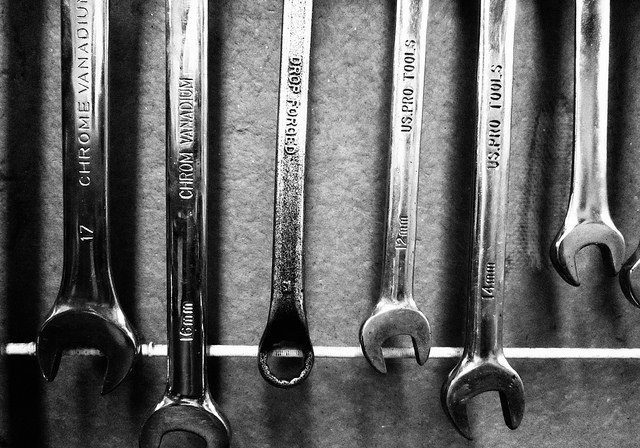
Ahead of a 2010 decision by federal regulators to legalize mobile phone jailbreaking, Apple had cautioned US Copyright Office officials that doing so would have "potentially catastrophic" (PDF) consequences because hackers wielding jailbroken iPhones might take down the nation's mobile phone networks.
Clearly, Apple's scare tactics were designed to protect its own business model—as jailbroken phones can bypass Apple' App Store and get apps elsewhere.
Apple is now taking a page out of that anti-jailbreaking campaign in a bid to scuttle a so-called "right to repair" law (PDF) in Nebraska, where its Legislature is scheduled to debate the measure Thursday. Eight states, including Nebraska, are considering right to repair laws that would require companies, whether they are in the tech sector or not, to make their service manuals, diagnostic tools, and parts available to consumers and repair shops—and not just select suppliers. That type of legislation is also being floated in Illinois, Kansas, Minnesota, New York, Massachusetts, Tennessee, and Wyoming. These bills threaten to cut into corporations' profits for their selected repair outlets.
Nebraska Sen. Lydia Brasch, who sponsored the legislation, said Apple lobbyist Steve Kester told her that passage of the measure would make Nebraska "the mecca for bad actors." Brasch also told Motherboard that Kester informed her that approving the bill "would make it very easy for hackers to relocate to Nebraska." Apple did not respond for comment but also cautioned that there were safety risks surrounding lithium-ion batteries.
Tractor maker John Deere is also opposing the measure. According to John Deere's licensing agreement, customers cannot even review the software running the tractor, including "any Software, data files, documentation, engine calibration tables, proprietary data messages, and controller area network (CAN) data messages." That licensing model exists even though federal regulators issued new Digital Millennium Copyright Act exemptions in 2015 authorizing the public to tinker with software in vehicles for "good faith security research" and for "lawful modification."
Meanwhile, Brasch said her bill, known as LB 67, was needed.
"If LB 67 passes, Nebraska will be the first state to pass this legislation, and it would have a domino effect nationwide," she said. "This legislation will positively impact all consumers, of all ages and income levels, by adding competition to the electronic repair market, and by paving the way for more innovation. I did not realize how important this legislation is nationally until Apple sent lobbyists to my office to oppose it."
The Repair Association and Kyle Wiens, the CEO of iFixit, recently told federal regulators that the time was ripe for federal rules to give the public the right to repair, because "software is embedded in everything." The legal system, they said, "is extremely broken," as Americans need "to regain the right to repair their devices."
Even without Apple's lobbying, Wiens has criticized the gadget maker, claiming the company has "done everything they can" to put repair guys out of business by, among other things, building hardware that is hard to repair.
Reader Comments (233)
View comments on forumLoading comments...